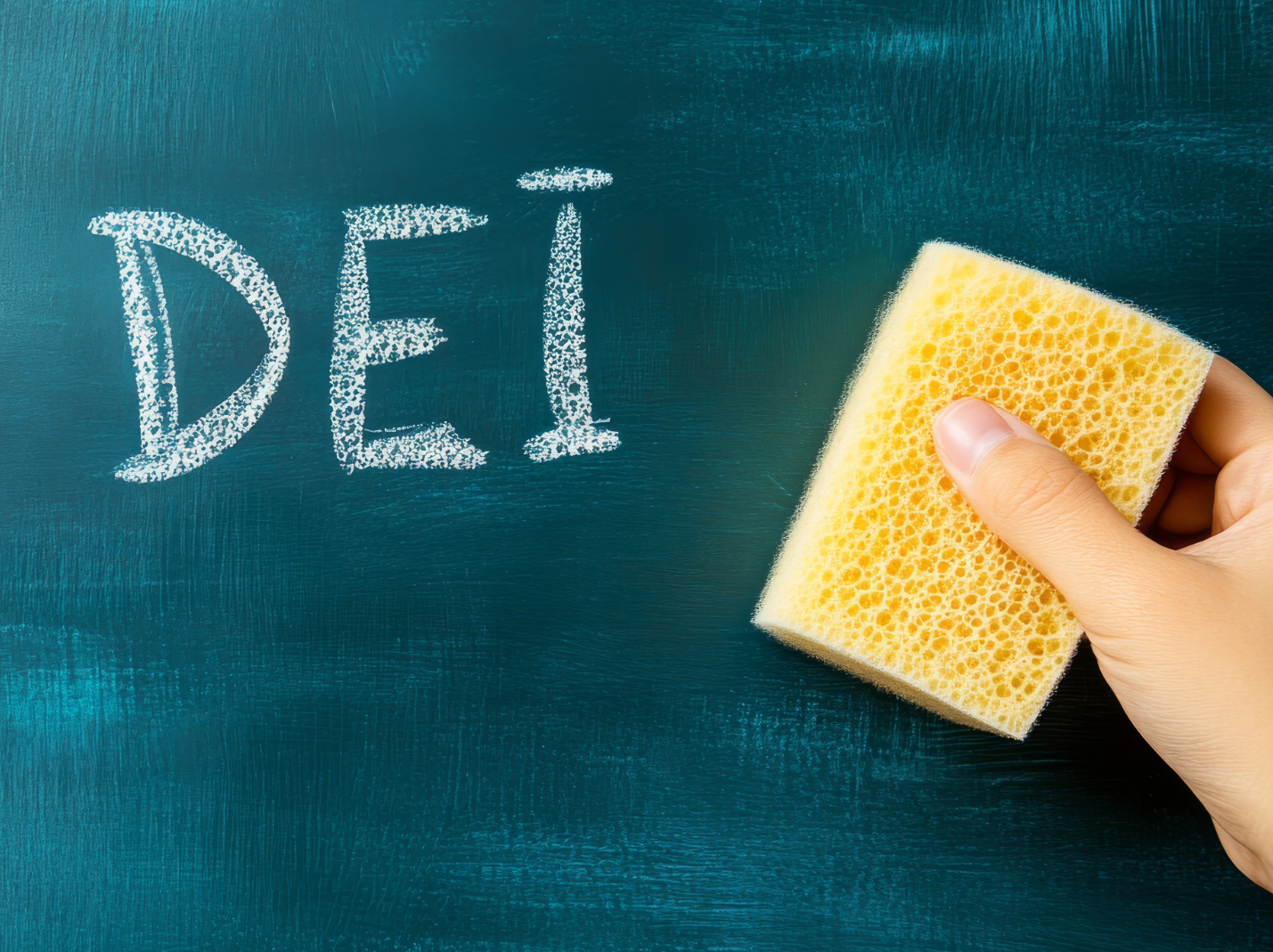
“Diversity, equity, and inclusion” ideology, or DEI, has replaced merit and intellectual diversity with forced inclusivity and conformity. In K-12 education, this shift has often meant lowering expectations to prevent students from feeling excluded, rather than raising all students to higher standards. In practice, this prioritizes social comfort over genuine learning.
For example, philosopher and professor Adam Swift argued in a 2015 ABC Radio interview that parents who read bedtime stories give their children an unfair advantage, and he questioned whether parents should be allowed to send their children to elite private schools. Framing parental investment as a form of inequality, Swift’s argument reflects a mindset that views access to learning as a zero-sum game—where supporting some students is treated as disadvantaging others.
The roots of this trend, however, predate the term DEI.
The 2002 No Child Left Behind Act, while intended to improve outcomes, often pressured schools to promote students even when they had not mastered grade-level skills. This created a system in which students sometimes advanced from grade to grade without meeting the essential benchmarks in reading, writing, and math. True inclusivity would mean supporting all students to achieve higher standards—not handicapping some to avoid leaving others behind. Targeted interventions, such as tutoring or individualized learning plans, provide a better path forward than simply lowering the bar. The fact that roughly 40 percent of students nationwide cannot read at a basic level, according to the National Literacy Institute, underscores the urgency of this issue.
The consequences of this approach extend to higher education. Many students arrive on campus lacking the reading and comprehension skills needed for rigorous study. This makes it difficult for colleges to fulfill one of their core missions: exposing students to diverse perspectives and fostering intellectual debate. When students are unprepared to defend their beliefs through reasoned argument, discussions often devolve into emotional reactions rather than logical engagement.
This reliance on emotion over reason also chills free speech. I have observed students privately voice opinions they would never share publicly, fearing labels like “xenophobic” or “bigoted.” For example, a student may privately disagree with a government policy but remain silent in class. Such self-censorship is a clear consequence of an educational culture shaped by DEI, where avoiding offense is often prioritized over honest dialogue.
Ultimately, DEI threatens both academic rigor and open discourse. A commitment to true inclusivity should empower students with the skills to engage thoughtfully, not shield them from challenge or discomfort. Without rigorous education and the ability to debate freely, students are ill-prepared to participate meaningfully in society.
Image by Keitma on Adobe; Asset ID#: 1228996322
